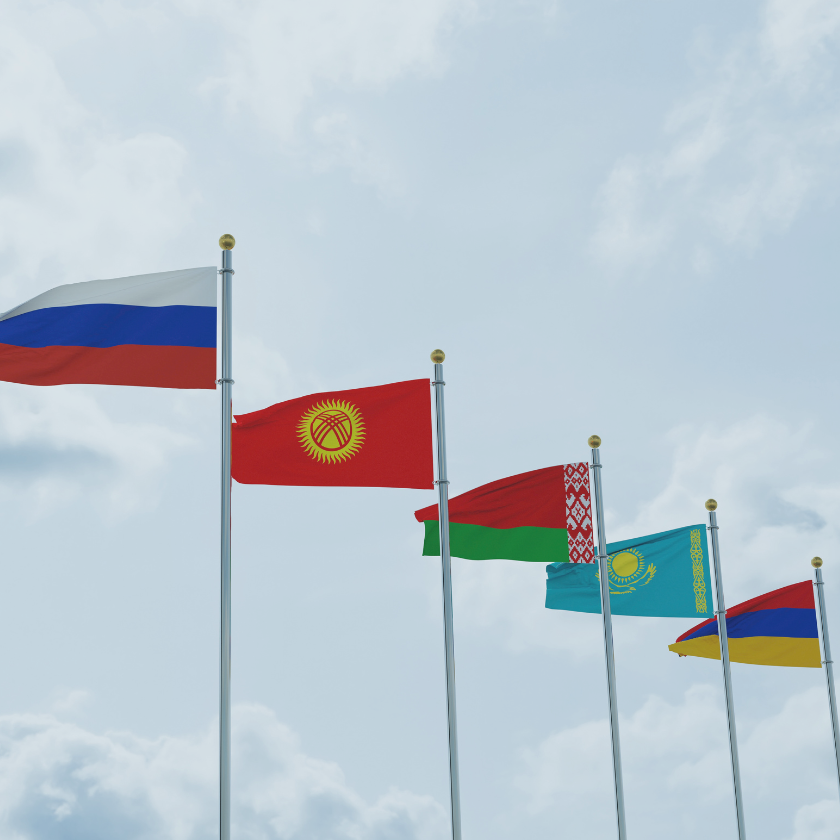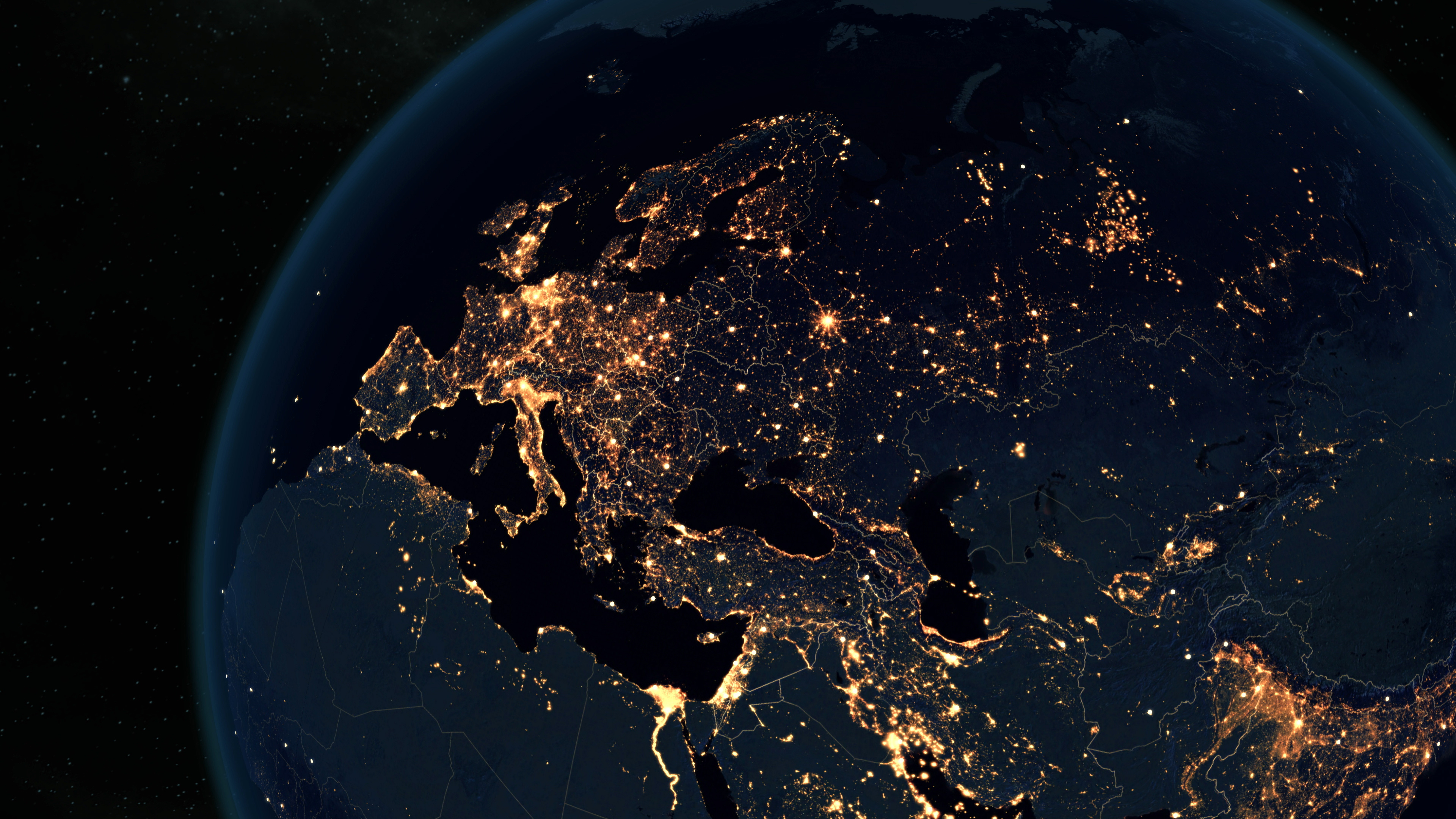Russia-Eurasia
Eurasia is undergoing profound changes. While the Soviet past has left a lasting imprint, Russia and the countries of Eastern Europe, Central Asia and the South Caucasus have their own trajectory.
Related Subjects

Europe-Russia: Balance of Power Review

European countries can no longer avoid the "Russian question," as Russia has chosen war. They have the necessary potential—that is, the economic means, military capabilities, and technological expertise—to face Russia by 2030, provided they demonstrate the political will to do so.
Higher Education in Russia. Potential and Challenges
In terms of higher education, Russia displays indicators worthy of enthusiasm.

Armenia, a Russian Outpost in the Caucasus?
Since the fall of the USSR, Armenia and Russia have sealed a strategic pact within the framework of the Collective Security Treaty Organization (CSTO), the military arm of the Commonwealth of Independent States (CIS). This political, military and economic alliance represents the strategic alliance in the South Caucasus, a region in the process of opening up. In the context of the 2008 Russian and Armenian presidential elections, it is interesting to analyze the relationship between these two states.





Russia, International and Internal Stakes - Special Issue of Politique étrangère
Russia and the Deadlock over Kosovo
Russia and the West disagree over the future of Kosovo. While the European Union (EU) and United States (US) are keen to grant Kosovo de jure sovereignty under the Ahtisaari plan, Russia insists that no decision can be taken without Serbia's consent. Moreover, Russia insists that the Kosovo issue will set a precedent with long-term consequences for Eurasia and the world. These differences have exposed old divisions between Russia and the West, particularly acute during NATO's bombing of Yugoslavia in 1999. However, today it is more difficult for the West to reach a compromise with an increasingly assertive and self-confident Russia which does not hesitate to oppose Western policies. This article looks at historic legacies, myths, concerns about precedents and other interests which guide Russia's policy over Kosovo's status.
The Shanghai Cooperation Organization as "Geopolitical Bluff?" A View from Astana
Since the mid-1990s, the Shanghai Cooperation Organization (SCO) has been an important factor in, and exerts significant influence on both Kazakhstan's international situation and geopolitical processes in Central Asia. Various aspects of Kazakhstan's interests are included in the SCO, among them geopolitics, security, the economy and regional politics. The topics addressed by the SCO can be divided into wide-ranging and often unconnected problems, which are more often than not solved outside the framework of the SCO. In the end, the SCO is only a great 'geopolitical bluff.' And while the USA seems to be almost an 'unofficial partner' because it so influences Central Asia as a whole, the European Union has almost entirely withdrawn from that geopolitical scene. As yet, the SCO poses more challenges and risks for Kazakhstan than it offers advantages.
Support independent French research
Ifri, a foundation recognized as being of public utility, relies largely on private donors – companies and individuals – to guarantee its sustainability and intellectual independence. Through their funding, donors help maintain the Institute's position among the world's leading think tanks. By benefiting from an internationally recognized network and expertise, donors refine their understanding of geopolitical risk and its consequences on global politics and the economy. In 2025, Ifri supports more than 80 French and foreign companies and organizations.







